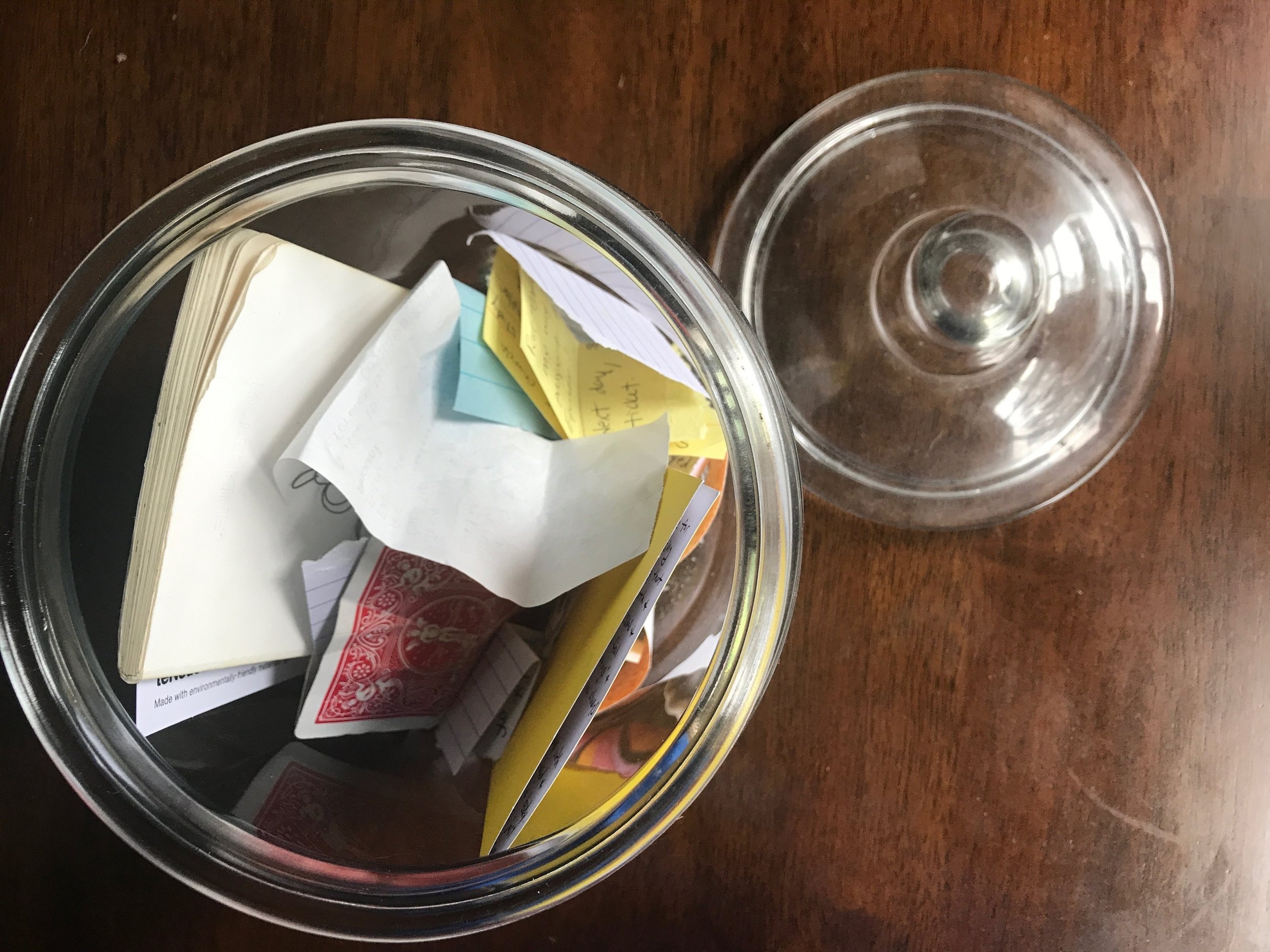
Blog

How to find a therapist
Finding a therapist that is right for you can feel very overwhelming. Regardless of how much therapy you’ve had before or past ‘successes’ or ‘failures,’ choosing a therapist is a big decision that should not be taken lightly. As with any other profession, there are decent ones, terrible ones, great ones, and at least a handful that would be a perfect fit for you. The trick is learning how to find that perfect fit before you get burnt out!
Over the years, through my own experience and those of my clients, I’ve learned a few things about how to narrow down your search. Read through the following suggestions for some solid guidelines.

How trauma gets stored in the body
“This mind-body connection is the reason why talk therapy may not always ‘work’ in the way you hope it will. Our subconscious minds are intelligent enough to literally hide unbearable pain, trauma and grief within our body as a survival mechanism.”

Journal Prompt Ideas
Sometimes you just need a little jumpstart with concrete ideas! Lack of direction is one of the main reasons that a journaling practice fails.

How and why to create a journal jar
You might try one for creating a daily affirmation, writing one thing that you love about yourself each day, or filling it up only with things that absolutely inspire you. You might even consider adding a group jar to your home or workplace for multiple people to participate!

How to use nature to combat stress
For much of our lives and our culture, we have completely lost our connection with nature. It’s why nature-based experiential therapy is so important to me. Because it gets us outside of our micro-managed, polished and climate-controlled lives and back to our literal roots.
I like to think about the way that animals within nature live their lives. We can learn a lot from studying and observing the natural world around us. Here are a few lessons we might take from nature:

Active v.s. Passive Self Care
What’s the very first thing that comes to mind when you hear the term “self-care?” For most of us, it’s bubblebaths. Self-care is SUCH a hot topic buzzword nowadays, yet most of what’s portrayed is still only representing 50% of what self-care really is: the passive aspects, or in general, various types of restful activities.

Mental Health & Natural Immunity
But what if there’s more to the phenomenon of ‘getting sick?’ Why do some people rarely seem to get ill or catch germs? And why is it that illness is exacerbated by other stressors? Have you ever thought about the emotional and spiritual implications of dis-ease, individually and collectively?

